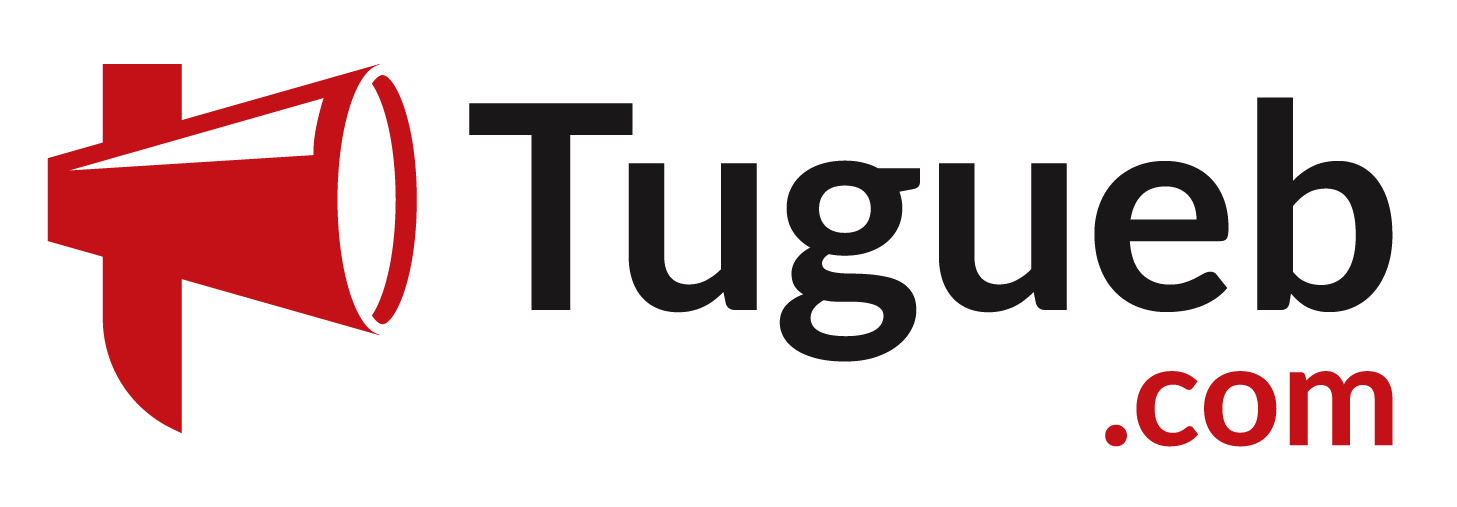“Investing” can be a scary word. No one wants to put their hard-earned cash into something they’re unsure about, especially when you don’t know how much return you might get. But investments are tricky little things. The more knowledge you have of them, the more confident and comfortable you’ll be with your decision.
Definition of Capital Investment
Capital investment is the purchase of capital assets. Capital assets are any tangible or intangible resource that will generate cash inflows in the future. It can include machinery, factories, business locations, and other resources required for producing goods and services. Capital investments are usually divided into fixed, operational, and working capital.
How Capital Investment Works
In general, capital investments can be considered an asset that requires an up-front cost but provides a return in the future. These investments can be either equity-financed (money from an investor, like a bank) or debt-financed (money loaned to you by a creditor). Regardless of how the investment was funded, you need to look at two main principles, which are payback and benefit period.
On the other aspect, coming up with a new business idea that your target market will enjoy can be a difficult thing to do. However, it’s not as difficult as acquiring the capital to get the business up and running in the beginning. There are numerous people worldwide that are always looking for the best ways to raise capital to start their businesses at any certain time.
You also have the option to find what’s called an “angel investor” which is a person that has the money to invest in multiple businesses that are just starting up. If you discuss on the right pitch, they would be the ones who are willing to finance your start-up. This can be achieved by coming up with a solid business plan and pitch ready. You should have data on hand that would have the future growth of the business and why the investor needs to invest.
Capital Investment and the Economy
Capital investments have a tremendous impact on the economy and can be considered one of two main sectors: business or consumer spending. Capital investment is like an invisible hand that guides the economy’s direction in many ways. If an adequate amount of capital investment is generated in the business sector, a general boost is provided to production and consumption levels.
There are a lot of stories about people who have earned capital funds over time to start their business, and they do this through crowdfunding campaigns. The amounts you may get will vary depending on the product you choose to market, as it needs to attract your target market to buy into the cause. With crowdfunding, it is important to communicate, as it is important to push the idea of investing to people who usually wouldn’t raise funds. Though, you’ll want to keep an eye out for buying and selling regulation shares because you won’t want only one party to own all of your shares and own the company.
Capital-Intensive Businesses
Very capital-intensive businesses will see a boost in productivity and output but can also be more susceptible to economic downturns. For example, if you’re a production business that relies on machinery and equipment, a factory fire could cause great damage to your business. Private Equity Representation (P.E.R.) is a formal agreement in which the private equity firm will take control of a company, replace the management team and make changes to improve the profitability of the company.
Non-Capital Intensive Businesses
Non-capital intensive businesses, such as pharmacies and general stores, are less likely to see a boost in their output of goods and services. However, if you’re looking for a cheaper neighborhood grocery store, such as Walmart or Target, then you can be more certain that they have the necessary capital to handle your business.
Financing Capital Investment
Purchasing a capital investment can have a wide range of financing options. The first option is to purchase the investment outright with your hard-earned cash, which is called equity financing. It has the advantage of using the investment right away, but it can be very risky if you’re lacking in cash reserves. The second option is debt financing, which involves getting a loan from a bank or other creditor.
You can also have family and friends invest with you, but if investing with them is not an option, getting a loan from a bank is a possible option. In a lot of financial institutions or small businesses, loans are obtainable for startups seeking capital and they are often proposed at lower interest rates. However, you want to consider that many financing institutions will require the business to be up and operating before they give out a loan. Keep in mind that a good credit score will play a big part in securing a loan. If your business and credit are both lacking, bringing collateral to the table for approval is also an option.
Conclusion
Overall, capital investments have a significant impact on the economy. While some businesses are highly susceptible to changes in the economy, others can thrive in any condition. The trick is to know where you’re putting your investment and how you’re financing it.
When you first start a business, you need to research the competition, potential business location, and an obtainable goal, as is essential to predicting your profit. Remember that not every market gap in society can become successful.






















